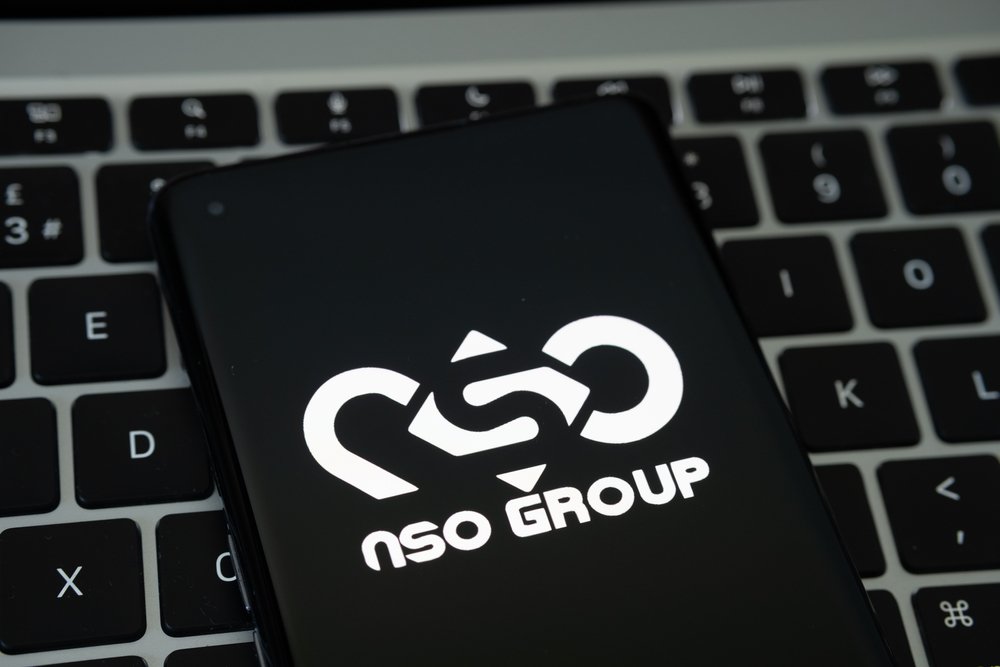The lawsuit, filed by WhatsApp’s parent company Meta, accused NSO Group of illegally infecting and surveilling the phones of 1,400 users globally during a two-week period in May 2019. The spyware infiltrated phones to extract sensitive data, including photos, emails, and text messages. Victims included government officials, journalists, human rights activists, political dissidents, and diplomats.
Court Ruling
Judge Phyllis Hamilton ruled that NSO Group violated U.S. federal and state hacking laws, specifically the Computer Fraud and Abuse Act, as well as WhatsApp’s own terms of service. The judge criticized NSO’s refusal to cooperate during the litigation, including its failure to provide the spyware’s source code as ordered.
The court also noted that NSO’s defense of limited control over Pegasus’s use by its government clients was proven false. The company had direct involvement in deploying and managing the spyware.
Upcoming Damages Trial
A separate jury trial scheduled for March 2025 will determine the financial damages NSO Group owes to WhatsApp. This decision is expected to set a precedent for accountability in the spyware industry.
WhatsApp’s Reaction
In a statement, WhatsApp expressed relief, saying, “After five years of litigation, we’re grateful for today’s decision. NSO can no longer avoid accountability for their unlawful attacks. This ruling sends a strong message to spyware companies worldwide that illegal actions will not be tolerated.”
History of the NSO Group and Pegasus
The NSO Group’s Pegasus spyware has been implicated in numerous scandals worldwide. Governments and authoritarian regimes have allegedly used it to target political opponents, journalists, and activists. In 2021, the U.S. government blacklisted NSO, barring federal agencies from purchasing its products.
Court Challenges and Global Scrutiny
Throughout the lawsuit, NSO resisted legal demands, making its spyware source code available only in Israel and limiting access to its inner workings. The court criticized this lack of transparency.
Apple had also filed a similar lawsuit against NSO Group but later dropped it in 2023. However, Meta’s persistent pursuit of the case highlights the growing push to hold spyware companies accountable for their role in digital surveillance and hacking.
Implications for the Future
This ruling against NSO Group is expected to have widespread implications. It sets a legal benchmark for addressing spyware misuse, emphasizing accountability and protecting user privacy. With the court’s decision, spyware misuse is now firmly in the spotlight, and similar cases may follow.



